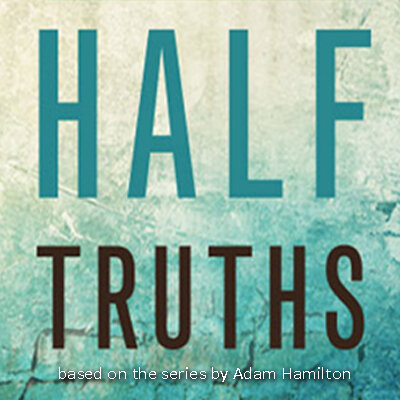Love Incarnate: The Word of Life Revealed
Christmas Letters: Part 2
December 7, 2025
We announce to you what existed from the beginning, what we have heard, what we have seen with our eyes, what we have seen, and our hands handled, about the word of life. The life was revealed, and we have seen, and we testify and announce to you the eternal life that was with the Father and was revealed to us.
~ 1 John 1:1-2
_______________
Excerpts adapted from The Christmas Letters, by Magrey R. DeVega.
Like the gospel of John, 1 John begins not with the birth of Jesus, but with the birth of all creation. Genesis, John, and 1 John open with parallel structures that move us toward the revelation of God to humanity.
In the beginning (Genesis 1:1-2, John 1:1-3, 1 John 1:1)
God is Light (Genesis 1:3-5, John 1:3b-4, 1 John 1:5b, 7)
God Reigns (Genesis 1:9-11, John 1:5, 10-13, 1 John 2:1-2)
God Enters the Human Story (Genesis 1:26-27, John 1:14, 1 John 5:6-8)
In these echoes, the New Testament writer is declaring that Jesus is God, that Jesus is the light, that Jesus overcomes the darkness of sin, and that Jesus lives and dwells among us. Bottom line: God loves you.
But 1 John takes the incarnation a step further, calling us to be conduits of God’s love with one another. The incarnation that we anticipate at Advent is not just in the arrival of Jesus in our lives. It is in the expectation that we will take the presence of Jesus and become agents of love and healing in our relationships with one another.
John announces these things so that we might have fellowship with one another and with the Father and the Son, so that our joy may be complete (1 John 1:3-4).
How does Genesis 1 deepen your own appreciation of the incarnation?
In what ways are you experiencing a darkness that can be overcome by the light of Christ?










